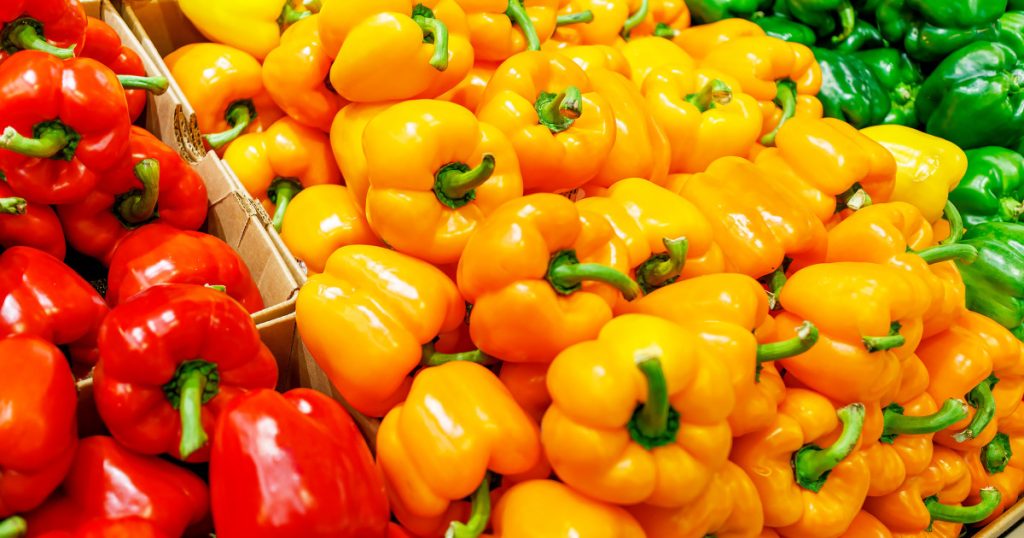Consumer Reports recently released an analysis warning about harmful pesticides found in popular fruits and vegetables like blueberries, bell peppers, and green beans. The nonprofit organization reviewed seven years of pesticide residue testing results for 59 types of produce from the U.S. Department of Agriculture and found that these pesticides pose significant risks in 20% of the foods tested. Even consuming as little as half a serving could be risky for certain groups, including children and pregnant women. As a result, Consumer Reports advises limiting intake of these fruits and vegetables.
The Alliance for Food and Farming, representing farmers of fruits and vegetables, argues that over 99% of foods tested by the government in 2022 had residue levels below the limits set by the EPA. However, Consumer Reports believes these limits should be lower for greater protection. More than 800 pesticides are used in the U.S., with some posing risks for various health problems such as Parkinson’s disease, diabetes, and cancer. While people are generally exposed to only small amounts of pesticides, long-term exposure can be harmful, especially for those with chronic health issues or living in areas with high toxin exposure.
Consumer Reports wants the EPA to ban the use of organophosphates or carbamates, chemicals that affect the nervous system and are responsible for most health risks on food crops. The organization argues that the EPA’s assessments do not reflect current scientific knowledge on pesticide risks. Almost two-thirds of the fruits and vegetables reviewed by Consumer Reports showed little to no risk from pesticide residue, with organic produce posing the least risk. However, the debate over pesticide limits can be confusing for consumers, with some opting to avoid fruits and vegetables altogether due to pesticide concerns.
Certain produce items were highlighted as particularly concerning by Consumer Reports, including bell peppers, potatoes, green beans, blueberries, kale, mustard greens, and watermelon. Bell peppers and potatoes were found to have pesticide residue above safe levels, with organic options recommended as safer alternatives. Green beans had prohibited pesticides, suggesting a lack of enforcement in cultivation practices. Blueberries were flagged for containing a pesticide considered a risk to children, while kale, mustard greens, and watermelon also showed high-risk pesticide residue levels.
Consumer Reports advises consumers to wash and peel produce to reduce pesticide intake, but notes that some pesticides are systemic and cannot be removed. Eating higher-risk fruits and vegetables in moderation, opting for organic options, and looking for the USDA organic seal are recommended strategies to reduce pesticide exposure. However, buying organic can be expensive for some consumers, leading to challenges in balancing cost and health concerns. Overall, the analysis underscores the importance of being informed about pesticide risks while also emphasizing the benefits of consuming fruits and vegetables for overall health.















